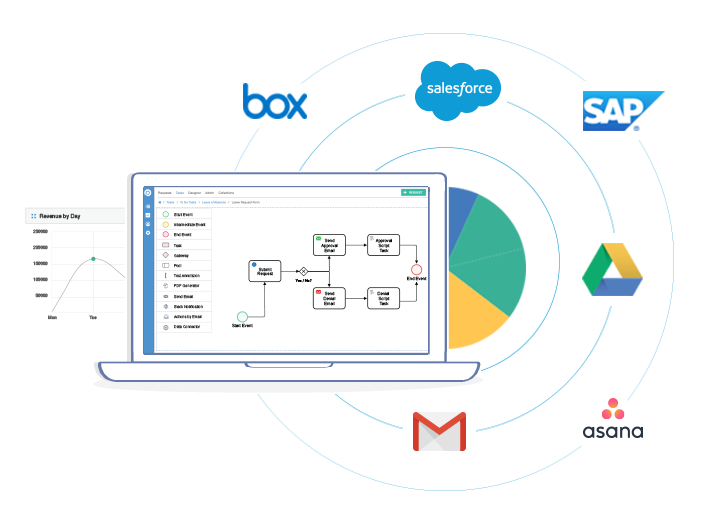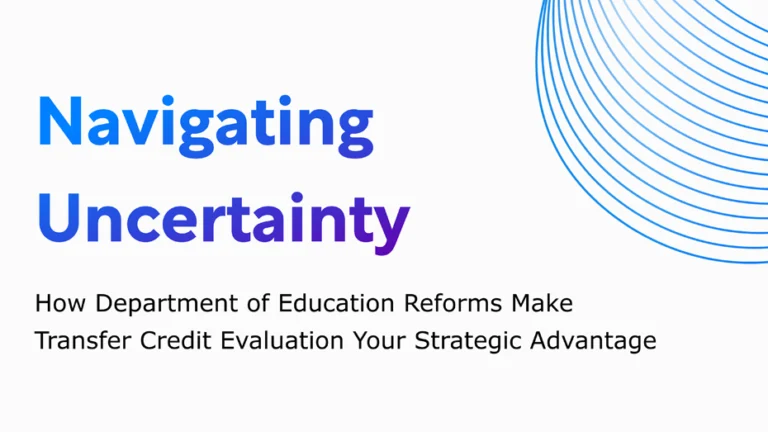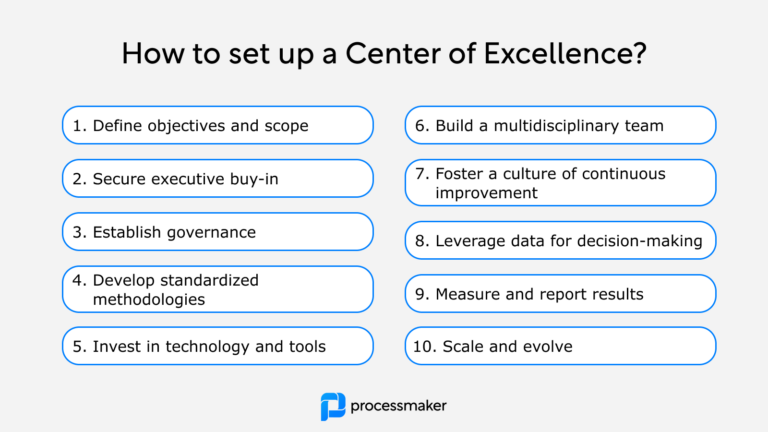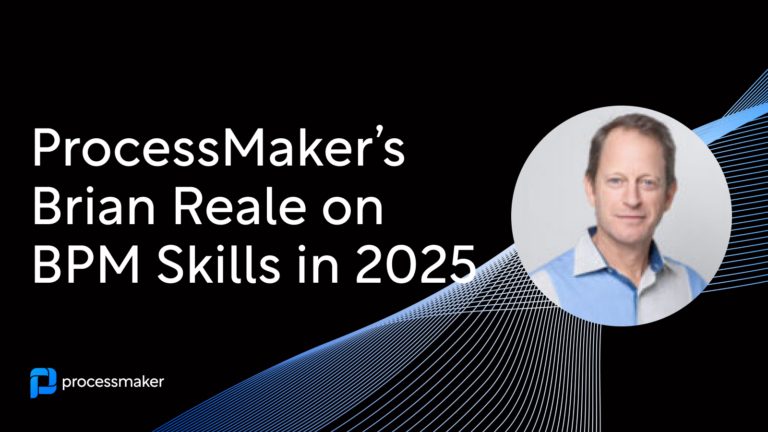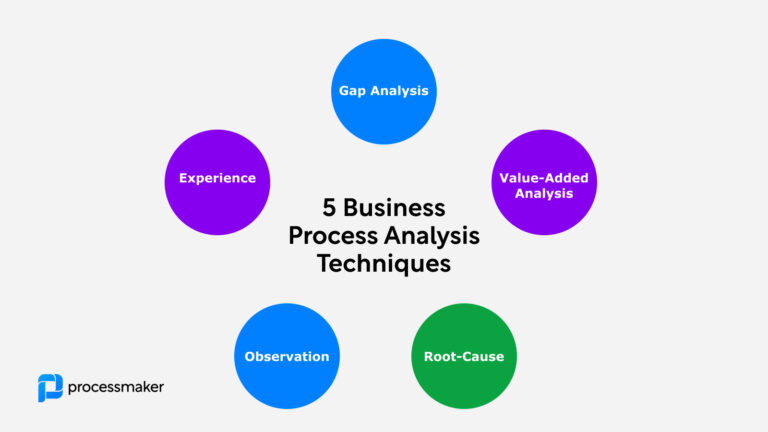Business process management, hailed as the modern wizard of business productivity, has evolved. iBPMS, the intelligent evolution of BPM, is the new workflow whiz kid, rapidly ascending to the top of the list of technology that can truly transform how your business runs. iBPMS expands on the foundations of BPM by adding in a heavy dose of smart automation technologies like artificial intelligence. iBPMS can rapidly analyze diverse data sets at hyper-speeds—but its robust, lightning-quick capabilities are not mandatory for every type of business. How do you know if your organization needs the full power of a complete intelligent business process management platform?
What is iBPMS?
First introduced by Gartner in 2012, intelligent business process management software (iBPMS) has evolved beyond a business buzzword. By harnessing the sheer power of AI, iBPM gives businesses the ability to manage the modern deluge of data streaming in from social channels, new devices, and expansive IoT systems.
Gartner identifies a complete iBPMS as one with functionalities that revolve around:
- Model-driven composition environment: Instead of manually coding in programming languages like .NET or JavaScript, iBPMS breaks down the barriers of development by inviting citizen developers to design business processes. Advanced AI serves as the translator between visual diagramming tools and final implementation, automatically generating code from flowcharts and other layperson visuals.
- Continuous intelligence: iBPMS ups the ante on “real time” by constantly analyzing incoming data at never-before-seen speeds.
- Business activity monitoring: iBPMS improves the situational awareness of your systems. AI can quickly share incoming data and newly discovered information with related processes and personnel.
- Business rules management: Legacy systems are known for their unwieldy designs. Their intricacies are so delicate that they often stand in the way of change. iBPMS can transform even a monolithic system into a lightweight, agile platform by making it easy to adjust the underlying rules and conditions that impact systematic decision making.
- Process orchestration engine: A process orchestration engine manages all of the moving parts. This powerful engine streamlines all the relevant technologies and components that must work together to execute a particular process.
iBPMS infuses AI into all of your systems to increase speed, be it speed of implementation, speed of decision making, or speed of information processing. iBPMS poses as the brain of your organization, reacting to trillions of data inputs as quickly as your brain can respond to a pinprick on your finger.
How do I know if iBPMS is right for my business?
Not every organization needs the sheer power of a complete iBPMS. Business size, growth, and level of complexity can trigger new reasons to make the switch. Here are the top factors that influence an organization’s decision to transfer over to an iBPMS.
How quickly do you need to respond to incoming data?
Banks need the ability to identify fraudulent wire transfers and suspicious credit card behavior within seconds. Automated driving platforms need to rapidly read the road to decide, in an instant, when to change lanes and when to use the brakes. iBPMS strives to further decrease the asymptotic window between event and action for organizations that need to act on complex, incoming data at lighting-quick speeds.
Is your business experiencing rapid growth?
Consider your employee headcount
It’s unlikely that a two-person business experiences too much trouble collaborating with one another. As you expand your team, complexity increases exponentially. At around 40 employees, experts estimate that a business will need more advanced productivity workflows to organize employee onboarding, manage benefits, and streamline tasks and communication. The sheer amount of information becomes impossible to manually track and accurately collate. For organizations with hundreds to thousands of employees, the automation and AI-infused capabilities of an iBPMS are a must.
Review the needs of your customer base
A small business processing ten invoices per week might have the bandwidth to manually process and pay each one. However, as the number of customers and clients grows, so does internal complexity. In fact, the Institute of Finance & Management estimates that in larger organizations, the average accounts payable representative processes over 8,000 invoices per year—a number impossible to manage through traditional manual methods. As businesses increase their customer base, they need fresh technologies like iBPMS to organize and analyze a more expansive breadth of data.
Does your business provide an omnichannel experience?
Experts estimate that by 2030, each customer will interact with your business on up to 15 different devices. A banking customer constantly switches gadgets: sending money through their smartwatch, checking balances via a phone app, chatting with a customer service agent via Facebook Messenger, and paying bills on their laptop. Your system must be ready to reflect changes to balances in mere seconds, no matter what device the customer uses. For businesses that interact with customers across multiple gadgets and channels, iBPMS can autonomously aggregate incoming data into a comprehensive user profile to serve the best omnichannel experience.
As a small business or entrepreneur, you may have the bandwidth to tackle your workflows with a lightweight automation platform. As you increase the sophistication of your processes, hire more employees, win new customers, and introduce next generation customer experiences, iBPMS becomes a must-have for large organizations.
